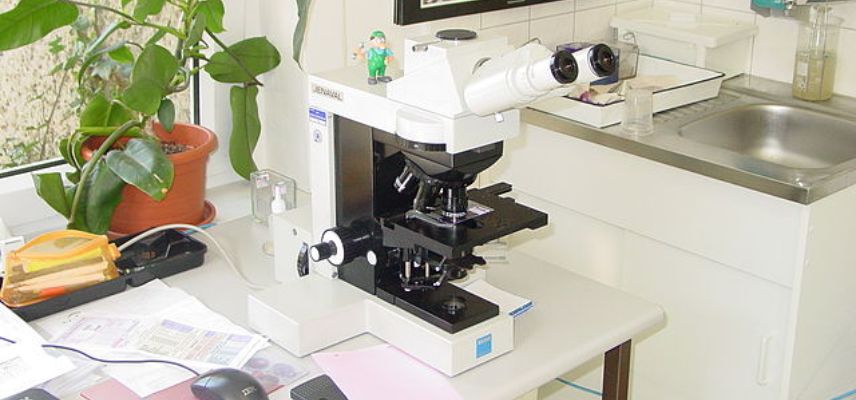No notifications yet

Coya Therapeutics announces $5 million strategic investment by the Alzheimer’s Drug Discovery Foundation
Coya Therapeutics, Inc., a clinical-stage biotechnology company developing biologics intended to enhance regulatory T cell (Treg) function, announces that the Alzheimer’s Drug Discovery Foundation (ADDF) has purchased 603,136 shares of the company’s common stock at a purchase price of $8.29 per share for an aggregate investment of $5 million.
The offer and sale of the securities described above were offered in a private placement under Section 4(a)(2) of the Securities Act of 1933, as amended (the “Act”), and/or Regulation D promulgated thereunder and have not been registered under the Act, or applicable state securities laws. Accordingly, the securities issued in the private placement may not be offered or sold in the United States except pursuant to an effective registration statement or an applicable exemption from the registration requirements of the Act and such applicable state securities laws.
The company has agreed to file a registration statement with the Securities and Exchange Commission (SEC) covering the resale of the securities issued to ADDF no later than 30 days following the date of the definitive agreements and to have the registration statement declared effective no later than 75 days following the date of the definitive agreements in the event of a “full review” by the SEC.
During the 48-week treatment period, the therapy was well tolerated. The most common adverse event was mild injection-site reactions. No patient discontinued the study, and no deaths or other serious adverse events were reported.
COYA 302 is an investigational product not yet approved by the FDA or any other regulatory agency.
Headquartered in Houston, TX, Coya Therapeutics, Inc. (Nasdaq: COYA) is a clinical-stage biotechnology company developing proprietary treatments focused on the biology and potential therapeutic advantages of regulatory T cells (“Tregs”) to target systemic inflammation and neuroinflammation.

Sick and tired of always wondering if you are being asked to pay the right price for your APIs? This empowers you with the answers you need to make the right decisions in the Global API market.
Chemxpert Database is one of the biggest and most comprehensive directories of pharma and chemicals, manufacturers, suppliers and information. Provided with current information on prices, demand and transactions, it gives you instant feedback on whether you are buying what is right and at the right time.
Start using market intelligence today and allow yourself to be in control in the API market.
Check it out today and make more informed sourcing decisions! Learn More!
